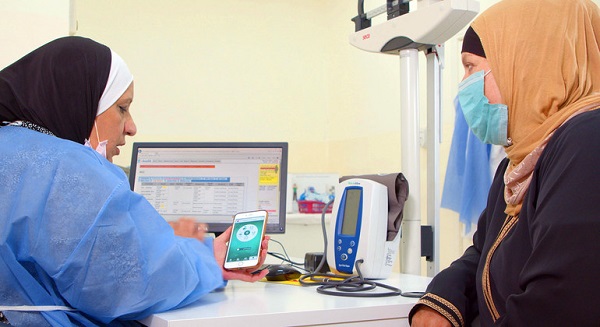UN Chief Calls for Action to Conquer COVID-19, Digital Divide - ENA English
UN Chief Calls for Action to Conquer COVID-19, Digital Divide

May 17/2021 (ENA) The United Nations Secretary-General, António Guterres, has called for action to conquer both the COVID-19 pandemic and the digital divide across the world.
In his message for World Telecommunication and Information Science Day, celebrated annually on 17 May, the Secretary-General noted that technologies sustain life, work, health and learning for billions of people.
In the face of COVID-19, businesses, governments and the digital community have proven resilient and innovative, helping to protect lives and livelihoods, he said.
However, the Secretary-General reported some 3.7 billion people, or nearly half the world’s population, remain unconnected to the Internet, most are women.
“They, too, must be included if we are to make the possibilities of 5G, artificial intelligence (AI), the Internet of Things, digital health and other technologies truly transformative and sustainable,” he underscored.
The UN chief noted that “We must also protect against the dangers of digital technologies, from the spread of hatred and misinformation to cyberattacks and the exploitation of our data.”
World Telecommunication and Information Science Day marks the signing in 1865 of an agreement to form the International Telegraph Union (ITU), making it the world’s first modern international organization.
ITU Secretary-General Houlin Zhao said the UN agency will use the Day to unite the world in pursuit of digital transformation in all areas of business and life.
“It will be an opportunity to strengthen national strategies on ICT development, implement smart policies and effective measures to encourage investments in ICTs and digital skills, and upgrade our services with new technologies ranging from AI to 5G that are central to the digital economy,” he said.
Last June, the UN launched a Roadmap for Digital Cooperation that lays out eight key actions, including achieving universal connectivity by 2030.